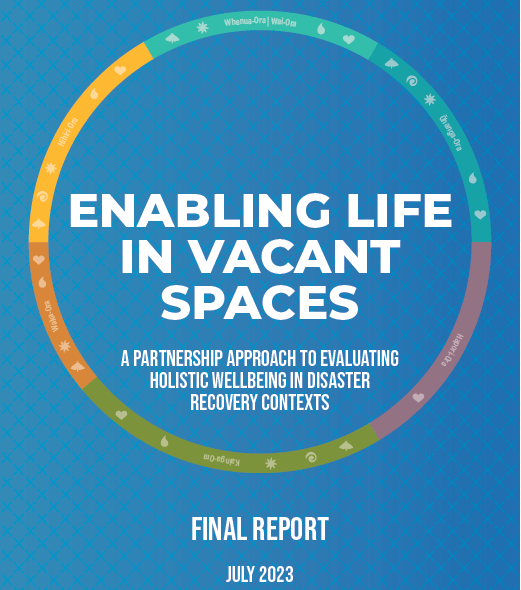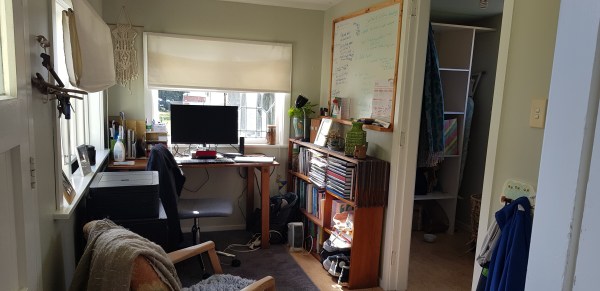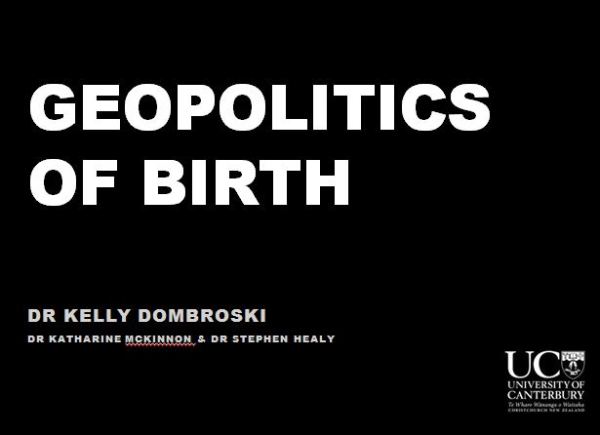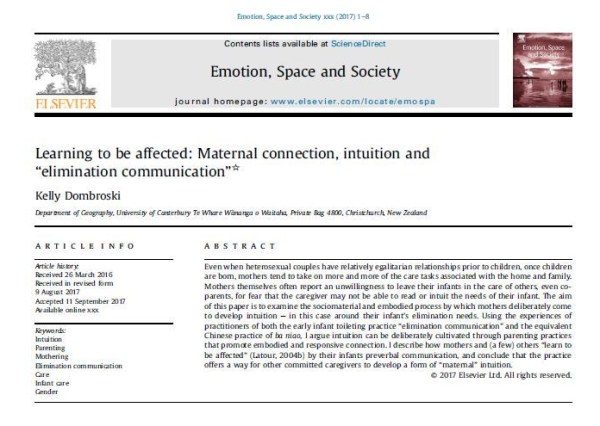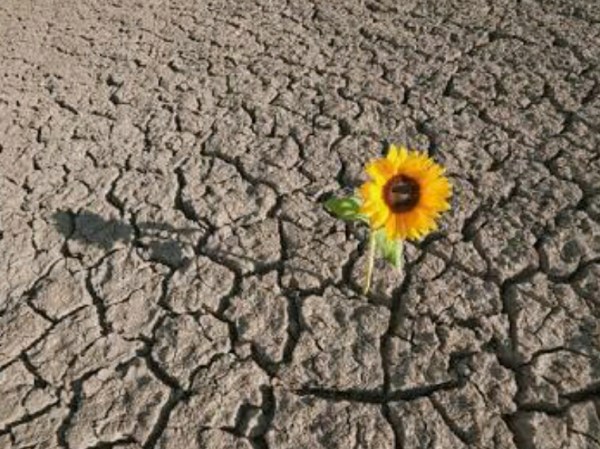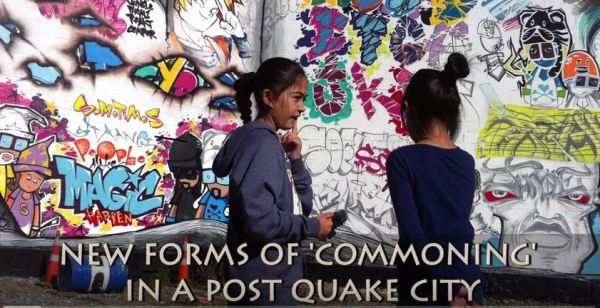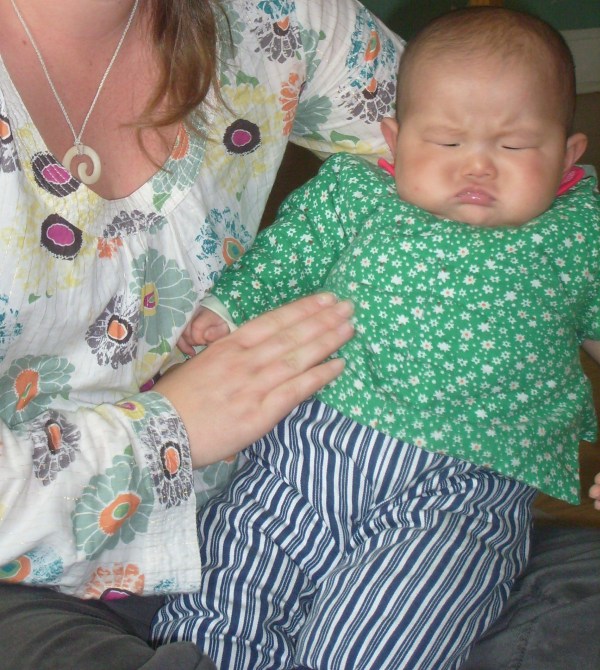I had fun exploring the idea of 'counter-cities' and connecting it with postcapitalist politics of commoning and care, and literature on social infrastructures of care. Here's a plain language summary from my research blog. http://postcapitalistpossibilities.blog/2023/11/14/an-article-about-uncovering-a-postcapitalist-counter-city-in-otautahi-christchurch/
The city as laboratory: what post-quake Christchurch is teaching us about urban recovery and transformation
Maja Moritz, CC BY-ND Kelly Dombroski, Massey University and Amanda Yates, Auckland University of Technology In the aftermath of a series of earthquakes that devastated Ōtautahi Christchurch 12 years ago, impromptu and transitional organisations kickstarted the city’s recovery. On the many vacant sites in the demolished city, they supported pop-up shops, installations and events to... Continue Reading →
Focus, interruption, and an overdue book
Writing a book is so hard. Well, drafting a book was relatively straightforward. But the post-review rewrite and edit has been brutal. It's not that I can't do it, it's finding the time and space to have uninterrupted writing and editing that allows me to retain the whole book in my head while I finish... Continue Reading →
WTF is the teaching-research nexus? Or, how my teaching load supports my research
Yesterday I was giving a short talk to a group of early career researchers doing a two day workshop. I have good memories of doing the same workshop when I first began at my current workplace. I remember folks coming in and speaking to us and how actually, a couple of ideas I got from... Continue Reading →
International Women’s Day: Generation Equality and care work for everyone
Dr Kelly Dombroski Talk for UN Aotearoa International Women’s Day Brunch, 8 March 2020 Introduction International Women’s Day is a time to celebrate the women in your life, and it is great to see you all here doing that. The unspoken question here is why do we need a special day for women? Actually –... Continue Reading →
Six things I wish I had known before editing my first collection
I am currently working on the introduction to The Handbook of Diverse Economies with the wonderful Katherine Gibson. It is the last chapter of our 58 chapter handbook, and, as is often the case with introductions, it is flowing out of our fingers and an amazing rate! What an immense privilege it has been to... Continue Reading →
Becoming a quality scholar through deep work
How do we become scholars that produce quality thinking and research, and stay sane in an academic environment where bringing in salary recovery dollars and churning out publication 'fluff' sometimes seems more important than deep and rigorous research and writing? Many New Zealand academics would have faced their CVs with some angst this year as... Continue Reading →
Collective Strategies for Deep Work
In a previous post reviewing Cal Newport's book Deep Work I promised I would write a post sharing more collective strategies for enabling deep work, in particular for people with heavy care-loads. I suggested that sometimes the consequences are different for women trying to draw a line around their deep work time, and I imagine... Continue Reading →
The Invisible Gender of Deep Work
A book review of Cal Newport's Deep Work: Rules for Focused Success in a Distracted World, 2016, London: Little Brown. It's no secret that many of us find it difficult to find space to do the deep thinking that we need to push forward our work -- our paid work, but also our self-work, or... Continue Reading →
Arisan (rotating savings and credit group)
This entry appears on https://communityeconomiesasia.wordpress.com/. People can upload keywords or practices of community economy around Asia!
Keywords of Community Economies in Asia
Indonesia
Ririn Haryani and Kelly Dombroski
Arisan is a rotating credit system that has been present in Indonesia for over one hundred years. In contemporary times, arisan involves a regular meeting of a consistent group whereby each member contributes an equal amount of money or goods each meeting, and whereby a draw is held allowing one member to receive the combined sum of contributions. This rotates around the group until everyone has won. It is customary that the winner from the last round will provide the venue and snacks for the coming arisan round.
The practice is believed to have originally come from China through trade activities with the Orang Asli (indigenous Indonesians), even before the era of Western colonialism. The practice went through an acculturation process with local traditions and customs of helping each other, known as gotong royong. This means that arisan is more than economic exchange…
View original post 828 more words
Surviving Well Together
KELLY DOMBROSKI and STEPHEN HEALY describe a community economies approach to poverty which seeks to acknowledge what people are already doing in their communities to sustain themselves and then to act in solidarity with them. REPUBLISHED from Tui Motu Interislands Magazine. Many thanks to editor Ann Gilroy. How can we work to transform our economies... Continue Reading →
Geopolitics of Birth
I recently gave a talk for a Homebirth Canterbury event. In it, I considered some of the connections between the #metoo campaign around sexual harassment and assault, and the #enough campaign aimed at ending harassment and assault in birthing. Drawing on a research project with Katharine McKinnon and Stephen Healy, I think about how birth... Continue Reading →
An article six years in the making…
I am just so ridiculously pleased to finally have this article out. I first presented the material that became this article in July 2011 in Sydney, Australia. I have been on two writing retreats where I've worked at least in part on this article. I have rewritten it countless times into three or four different... Continue Reading →
Five things I learned while editing my thesis into a book
It has been some time now since I published the posts on writing your book proposal for an academic book coming out of your thesis (see also this and this). I promised at the time I would keep people updated with how that process went, but to be honest, just finding time to work on... Continue Reading →
Slow, painful, rewrite #9
I'm guessing about the #9, actually. I'm pretty sure I've completely rewritten this paper more than nine times, it's just nine for this title. But for what it's worth, I'm sharing my daily progress because it's just so painful to still be working on this paper, and to be SO LATE to the editor (sorry,... Continue Reading →
Thinking-with, Dissenting-within
I am about three chapters in to Maria Puig de la Bellacasa's book Matters of Care: Speculative Ethics in More Than Human Worlds. In the same way that Richard Rohr seems to express my thoughts before I even am conscious of having them in the area of spiritual practice and belief, Puig de la Bellacasa seems to... Continue Reading →
Vulnerability and Learning to be Affected
I've been struggling with an article for a long time. This piece of writing has evolved through 5 or 6 complete revisions and framings (and many, many more versions), including being part of a thesis chapter and part of a book chapter. I've taken it to two retreats, I've had reviewer feedback, peer feedback, and... Continue Reading →
Slow Scholarship starts with Slow Reading
I wonder if you know the feeling: You have a few hours, or a day, to get some writing done -- to get it finished, in fact! You have been longing for this for weeks, perhaps months. You sit in front of your computer, open your document and immediately find it hard to connect with... Continue Reading →
Writing your Book Proposal II: What happens after submitting your proposal?
After submitting your proposal, it's time for the waiting game. It will go to peer review, then you will need to respond, then it might go before a board, all before it is time to organise the advance contract. 1. Peer Review For most good academic publishers, after your book proposal is received it is... Continue Reading →
Writing a book proposal I: From concept to submission
Publishing an academic book is a bit different from publishing a novel, I'm told. All I can do is tell you the process I went through, and offer suggestions on how to make this smoother. I have written three book proposals for three different publishers, submitted two of them, and been accepted by one. Each... Continue Reading →
Turning your PhD into a book
As I was racing to the submission finish line with my PhD thesis, I constantly doubted whether certain sections were 'done' or 'good enough'. One of the most common pieces of feedback I'd get from my supervisor was 'save it for the book'. Well, now that moment has come. And I can't for the life... Continue Reading →
Being a Public Intellectual
Today I was interviewed by a PhD scholar researching 'public' geographers and public intellectuals more generally. I'm not sure if I was being researched as an actual public geographer, or as a group of people with views about public geography, but it did get me thinking about what we do and who we are aiming... Continue Reading →
Domestic Activists?
Women still do the majority of household caring labour. But not only this, women's caring labour has expanded to include care not just for families and their needs but also for the environment and sustainability. Some studies frame this as a form of inequality, another example of how the 'dirty work' of society gets lumped... Continue Reading →
Commoning in a post-quake city
As part of a new area of research, I'd love to share my new mini-doco with you all. It's about the new forms of 'commoning' that have arisen since the Christchurch earthquake sequence in 2010 and 2011. Of course, I wasn't here and don't know as much about it as all the amazing Christchurch people... Continue Reading →
Enacting a postcapitalist politics
So it has been quite a long time since I blogged -- mostly because the second half of 2015 was taken up with intense teaching and a return to fulltime work. Ironically, a lot of my research work is about how the home and domestic spaces are sites of enacting postcapitalist politics for different kinds... Continue Reading →
When it comes to giving birth, having the right to choose is not the only thing that matters…
In her book The Logic of Care: Healthcare and the Problem of Patient Choice, Annemarie Mol relates a story that partially prompted her philosophical investigation into choice and care in the Dutch healthcare system: It is still the early 1990s. I am pregnant and 36. A national committee of experts in the Netherlands where I... Continue Reading →
Book Excerpt: Babywise or Hybridise?
The following is an 'interlude' that will appear between two chapters of my book, provisionally titled: Guarding Life: A Postcapitalist Politics of Hygiene. The excerpt focuses on the presence of an awkward object in the life of one Chinese Christian migrant worker. The awkward object was the controversial American parenting book 'Babywise', which had recently been... Continue Reading →

